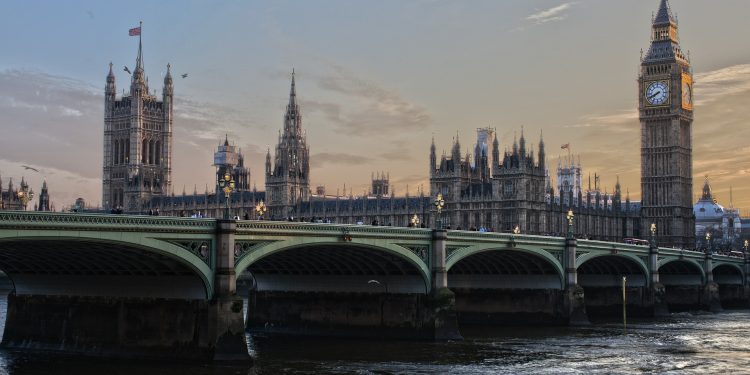Following the lead of the Consumer Financial Protection Bureau in the U.S., Britain’s new Labour government is preparing to impose new regulations on the UK’s buy now, pay later industry.
The government initially proposed regulations for the sector in 2021 under the former Conservative administration, but progress stalled. In March, Labour’s shadow city minister Tulip Siddiq criticized the former government for its “dithering” and “constant delays” in regulating BNPL. With Siddiq now serving as the actual city minister, there is increased anticipation that these concerns will be addressed. Speculation suggests that the new government could have regulatory plans in place within the next 24 months.
Pressures on Consumers
One key issue is that BNPL companies employ different methods of charging their customers. While most BNPL firms charge fees on a per-transaction basis to their merchant partners, some also charge interest or late payment fees. Labour has indicated a desire for more uniform practices across the industry.
Another concern is the growing debt many consumers, especially younger individuals, have racked up through BNPL plans, sometimes with multiple providers. One UK study found more than one in 10 BNPL customers were in arrears.
Compounding this issue is the current state of the British economy, where rising interest rates have increased financial pressures on consumers. While pushing more buyers into BNPL plans, the economic issues have also made it more difficult for them to pay back these loans.
Following the U.S. Lead
Observers believe that credit cards will eventually serve as the model for the new BNPL regulations.
“I’d expect that the UK will follow the guidance of previously established regulations around credit cards to write the new rules for the BNPL industry,” said Ben Danner, Senior Analyst, Credit and Commercial at Javelin Strategy & Research. “I’d expect further disclosure requirements and further transparency with regulating financial authorities.”
In the U.S., the CFPB has responded to similar pressures by issuing a rule that treats BNPL lenders similarly to credit card providers. This regulation, introduced in May, stipulates that BNPL lenders provide consumers some key legal protections and rights comparable to those associated with conventional credit cards. These protections include the right to dispute charges and request a refund from the lender after returning a product purchased with a BNPL loan.
“I’d expect similar regulation in the UK to what we saw from the CFPB,” said Danner. “Look for things like clear advertising and communication of the terms and returns policies. I’d also expect regulation around the assessment of creditworthiness and credit files.”











